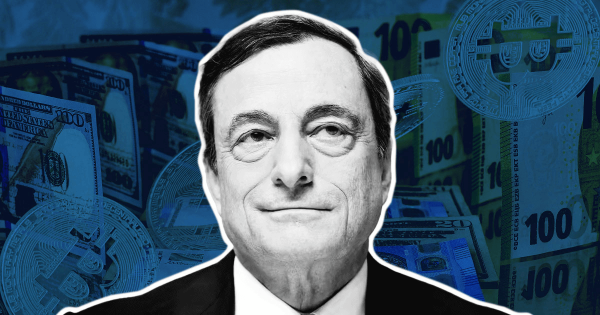
Saudi Arabia is a significant market for digital currencies with the country’s favorable regulatory climate, large consumer base and increasing interest in cryptocurrencies, a new KuCoin survey says.
The high degree of penetration and adoption of crypto in Saudi Arabia makes it an important market for digital currencies, demonstrating the potential for expansion in the Middle East and North (MENA) region.
According to a survey conducted by crypto exchange KuCoin, around three million Saudi Arabians (or 14 percent of the adult population aged 18 to 60) have become crypto investors who either currently own cryptocurrencies or have traded in the past six months as of May 2022.
Another 17% of respondents are labeled crypto-curious and are likely to invest in cryptocurrencies in the next six months. As per the study’s findings, there is a long-term interest among potential crypto investors in the Arab nation. In the first quarter of 2022, 49% of crypto investors intended to increase their investment in cryptocurrencies over the next six months.
In the second quarter of 2022, investor sentiment shifted toward more conservative cryptocurrency investment techniques as the bearish market began. Thirty-one percent of crypto owners in Saudi Arabia said they would keep their crypto balance as is rather than expand it. During the same period, investors with lower incomes sold off a portion of their holdings, per the survey.
In Saudi Arabia, the high number of new market entrants is unprecedented, with 76% of crypto investors having less than one year of expertise in the sector, including 49% who first began trading cryptocurrencies in the previous six months.
Per the report, in terms of demographics, 63% of crypto investors are men. The gender ratio has remained consistent throughout the years. Young crypto investors under the age of 30 account for at least a third of the entire population and have risen to 37% in Q2 2022.
Half of the crypto investors purchase digital currencies using fiat and engage in spot trading on a monthly basis, which is the only form of crypto trading that some Arab theologians consider halal. As reported by Cointelegraph, last year, the Saudi Arabian Oil Company (Saudi Aramco) fueled excitement among cryptocurrency followers after investing $5 million in blockchain-based oil trading firm Vakt. While this initiative sought to digitize and automate post-trade processing, it was also reported that Saudi Aramco would begin Bitcoin (BTC) mining operations.
Related: Bitcoin not a currency? South Africa to regulate crypto as financial asset
While the Kingdom of Saudi Arabia has not yet released any official regulations surrounding cryptocurrencies, the government appears to have taken a supportive stance toward digital assets and blockchain technology.
In 2019, the Saudi Arabian Monetary Authority (SAMA) and United Arab Emirates Central Bank (UAECB) jointly announced the of a digital currency called Aber. The cryptocurrency will be used for cross-border payments between the two countries and is backed by their respective fiat currencies.








